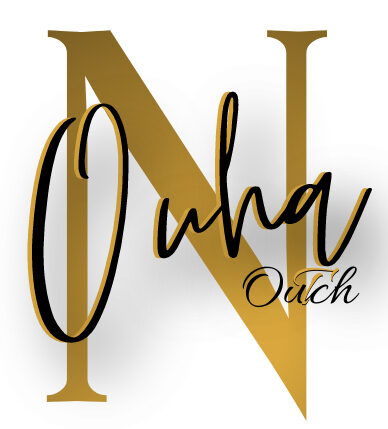The Symbolism of Easter Eggs Throughout Time.

Easter eggs have a rich symbolism that dates back thousands of years and varies across cultures and eras. Here’s an overview of the symbolism of Easter eggs throughout time:
- Ancient Civilizations: In many ancient cultures, eggs were a symbol of fertility and rebirth. Egyptians, Persians, and Romans would exchange decorated eggs during spring celebrations to mark the renewal of life after winter.
- Early Christianity: In early Christianity, eggs were forbidden during Lent, the fasting period before Easter. They were saved and decorated to be given as gifts during the Easter celebration to commemorate the resurrection of Jesus Christ, symbolizing new life and victory over death.
- Middle Ages: During the Middle Ages, the tradition of Easter eggs spread throughout Europe. Eggs were dyed with natural colors and decorated with religious motifs. They were often given as gifts to nobles and members of the royal family.
- Modern Era: Over time, the tradition of Easter eggs became widespread across all layers of society. Eggs were sometimes filled with candy or small toys for children. Decoration techniques also evolved, ranging from simple paintings to intricate works of art.
- Contemporary Symbolism: Today, Easter eggs retain their symbolism of rebirth, renewal, and fertility, but they are also associated with togetherness, family, and fun. Traditions vary by country, with egg hunts, games, and festivities celebrating this spring holiday.
In summary, Easter eggs have a long history and deep symbolism that evokes renewal, life, and spirituality across the ages.

